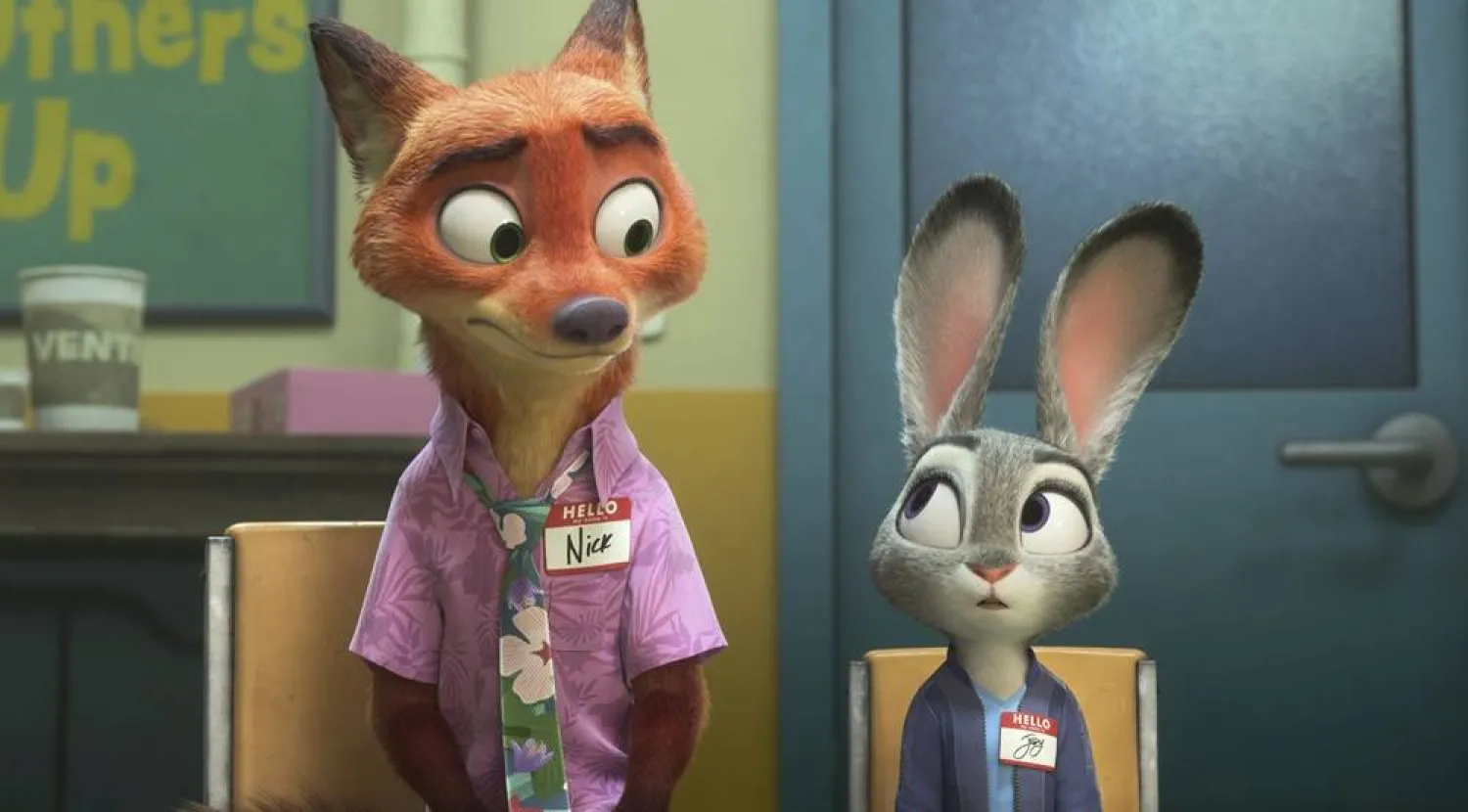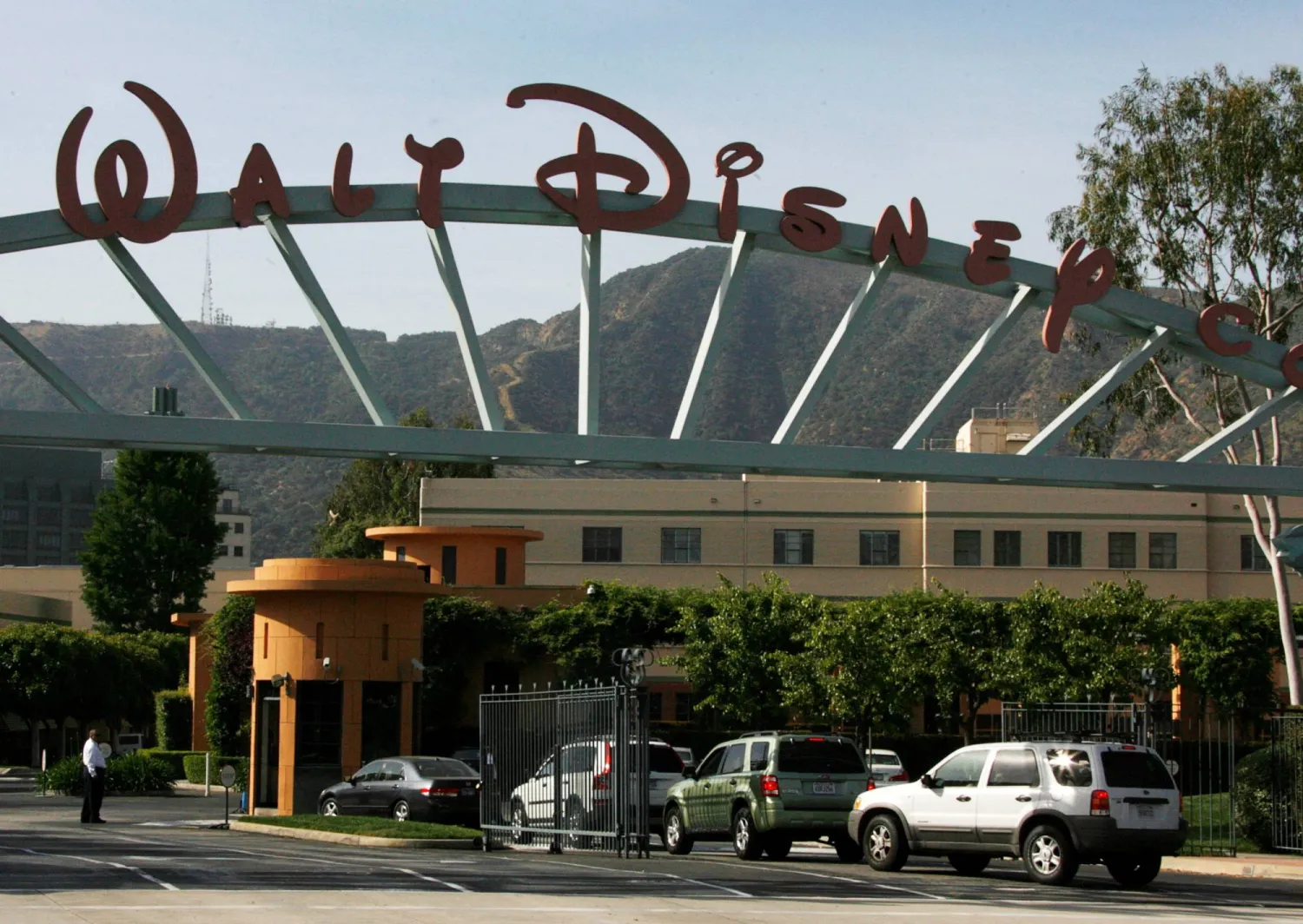In "Next Goal Wins," a soccer coach comes from far away to lead a hapless group of athletes. He's a fish-out-of-water type, ill-suited for the job, but rises to the occasion and everyone feels good at the end. Wait, you're thinking, that's the plot of "Ted Lasso." Well, only kind of.
Writer-director Taika Waititi — the manic, slightly unhinged mind behind "Thor: Love and Thunder" and "Jojo Rabbit" — offers a sports movie that's not, of course, a sports movie and the opposite of whatever Jason Sudeikis was doing on his TV series.
"Next Goal Wins" — "inspired by true events" — stars Michael Fassbender as a bitter Dutch-American soccer coach assigned to help the struggling American Samoa national team qualify for the 2014 FIFA World Cup. The team is an international laughing stock and still stinging from having been on the wrong side of the worst loss in international soccer history — a 31-0 thrashing by Australia in 2001.
Waititi and co-writer Iain Morris based their movie on a 2014 British documentary of the same name and you can instantly tell why Waititi gravitated toward the story. It has a clash of civilizations, explores overcoming loss and it has a beautiful lesson about embracing those who are different.
In Waititi's hands, it becomes a sloppy, quirky, pop culture-studded frothy comedy that gently apes other underdog sports movies but doesn't offer much but a mildly funny respite from reality. It makes "Bend it like Beckham" seem really deep.
Waititi himself — he couldn't resist stepping into his own film — frames the movie in the first minutes by playing a priest on American Samoa who promises this will not be a tale of woe but "a tale of woah!" (Shakespeare isn't laughing).
Fassbender here is the opposite of Lasso — he's broken inside, angry outside, egotistical and unyielding, a coach fired from his last three teams and given a career lifeline no one else wants. He has no home-spun wisdom to offer, just routine high school bullying. "Something’s not right about that guy," says one islander. "Well," comes the response. "He is white."
The coach will eventually be redeemed by American Samoa itself, by the nobility of its people and the goodness of their souls, with the movie getting dangerously close to worn out movie cliche territory.
The script had an opportunity to really examine the demand of winning at all costs versus the rewards of merely having fun and having a passion for sports but abandons any lessons in a flurry of team-building montages.
This being a Waititi movie, there's a scattershot of pop culture references — "Karate Kid," "Taken," "The Matrix," "Any Given Sunday" and even Frank Sinatra ("You’re riding high in April, shot down in May"). At times, these seem more like the director's idiosyncrasies than plot advancers.
The script also takes a weird sort of glee mocking the islanders, who are portrayed sometimes as playing dress-up. One sits at a desk with a keyboard and a monitor but no computer and another makes siren noises with his mouth in a police car because of faulty equipment.
There are really nice turns by Oscar Kightley, Will Arnett and Elisabeth Moss, but it's Fassbender who must do the bulk of the lifting here. His accent is spotty and he may initially not have been on the top of everyone's list for the part but he sticks the landing, to mix sports metaphors. "Next Goal Wins" isn't a tale of "woe" or "woah!" but "meh."









